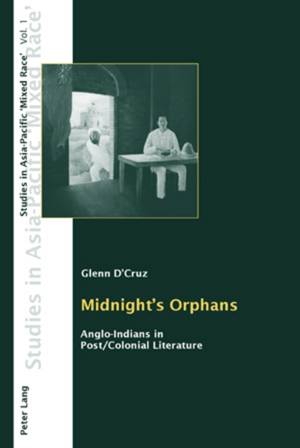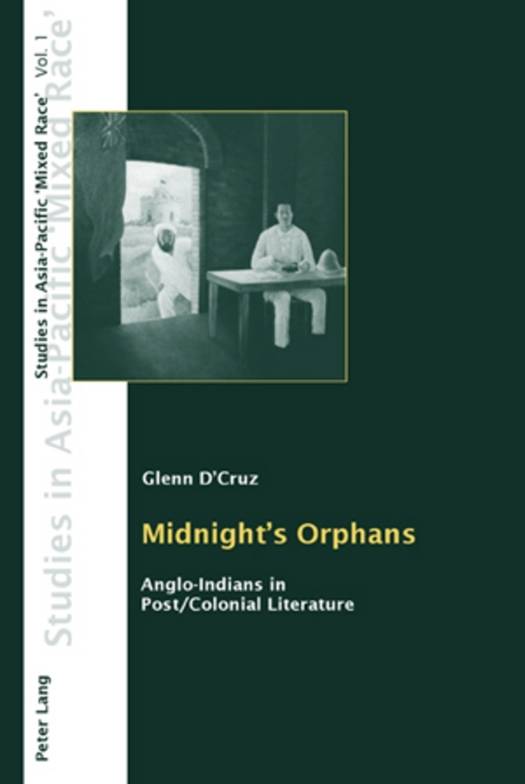
- Afhalen na 1 uur in een winkel met voorraad
- Gratis thuislevering in België vanaf € 30
- Ruim aanbod met 7 miljoen producten
- Afhalen na 1 uur in een winkel met voorraad
- Gratis thuislevering in België vanaf € 30
- Ruim aanbod met 7 miljoen producten
Zoeken
Omschrijving
Anglo-Indians are the human legacy of European colonialism. These descendants of European men and Indian women regularly appear as disconsolate and degenerate figures in colonial and postcolonial literature, much to the chagrin of contemporary Anglo-Indians. Many significant writers, such as Rudyard Kipling, Maud Diver, John Masters, Salman Rushdie and Hari Kunzru, have created Anglo-Indian characters to represent the complex racial, social and political currents of India's colonial past and postcolonial present.
This book is the first detailed study of Anglo-Indians in literature. Rather than simply dismissing the representation of Anglo-Indians in literary texts as offensive stereotypes, the book identifies the conditions for the emergence of these stereotypes through close readings of key novels, such as Bhowani Junction, Midnight's Children and The Impressionist. It also examines the work of contemporary Anglo-Indian writers such as Allan Sealy and Christopher Cyrill.
Presenting a persuasive argument against 'image criticism', the book underscores the importance of contextualizing literary texts, and makes a timely contribution to debates about 'mixed race' identities, minoritarian literature and interculturalism.
This book is the first detailed study of Anglo-Indians in literature. Rather than simply dismissing the representation of Anglo-Indians in literary texts as offensive stereotypes, the book identifies the conditions for the emergence of these stereotypes through close readings of key novels, such as Bhowani Junction, Midnight's Children and The Impressionist. It also examines the work of contemporary Anglo-Indian writers such as Allan Sealy and Christopher Cyrill.
Presenting a persuasive argument against 'image criticism', the book underscores the importance of contextualizing literary texts, and makes a timely contribution to debates about 'mixed race' identities, minoritarian literature and interculturalism.
Specificaties
Betrokkenen
- Auteur(s):
- Uitgeverij:
Inhoud
- Aantal bladzijden:
- 268
- Taal:
- Engels
- Reeks:
- Reeksnummer:
- nr. 1
Eigenschappen
- Productcode (EAN):
- 9783039108480
- Verschijningsdatum:
- 29/05/2006
- Uitvoering:
- Paperback
- Formaat:
- Trade paperback (VS)
- Afmetingen:
- 152 mm x 229 mm
- Gewicht:
- 362 g

Alleen bij Standaard Boekhandel
+ 219 punten op je klantenkaart van Standaard Boekhandel
Beoordelingen
We publiceren alleen reviews die voldoen aan de voorwaarden voor reviews. Bekijk onze voorwaarden voor reviews.











